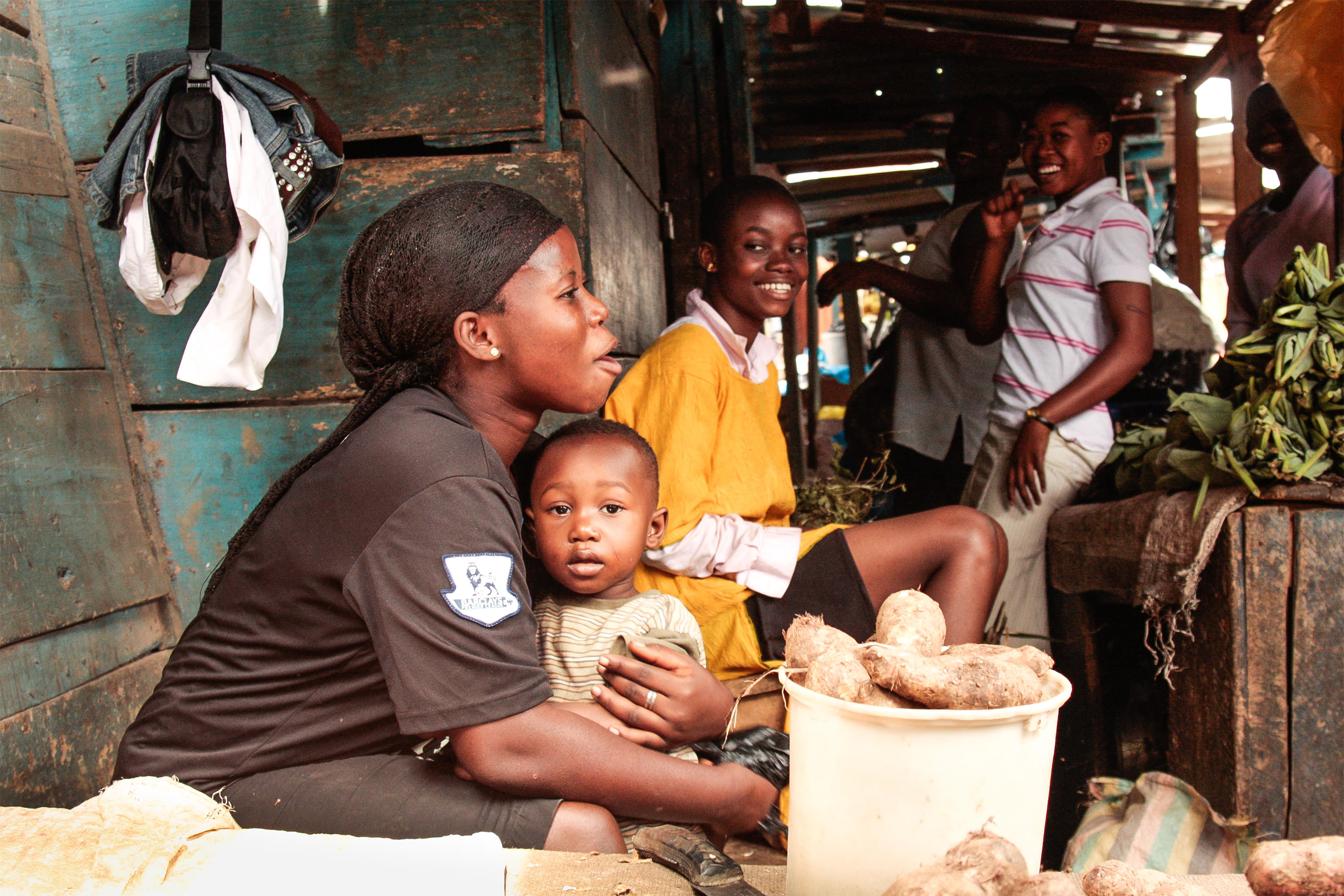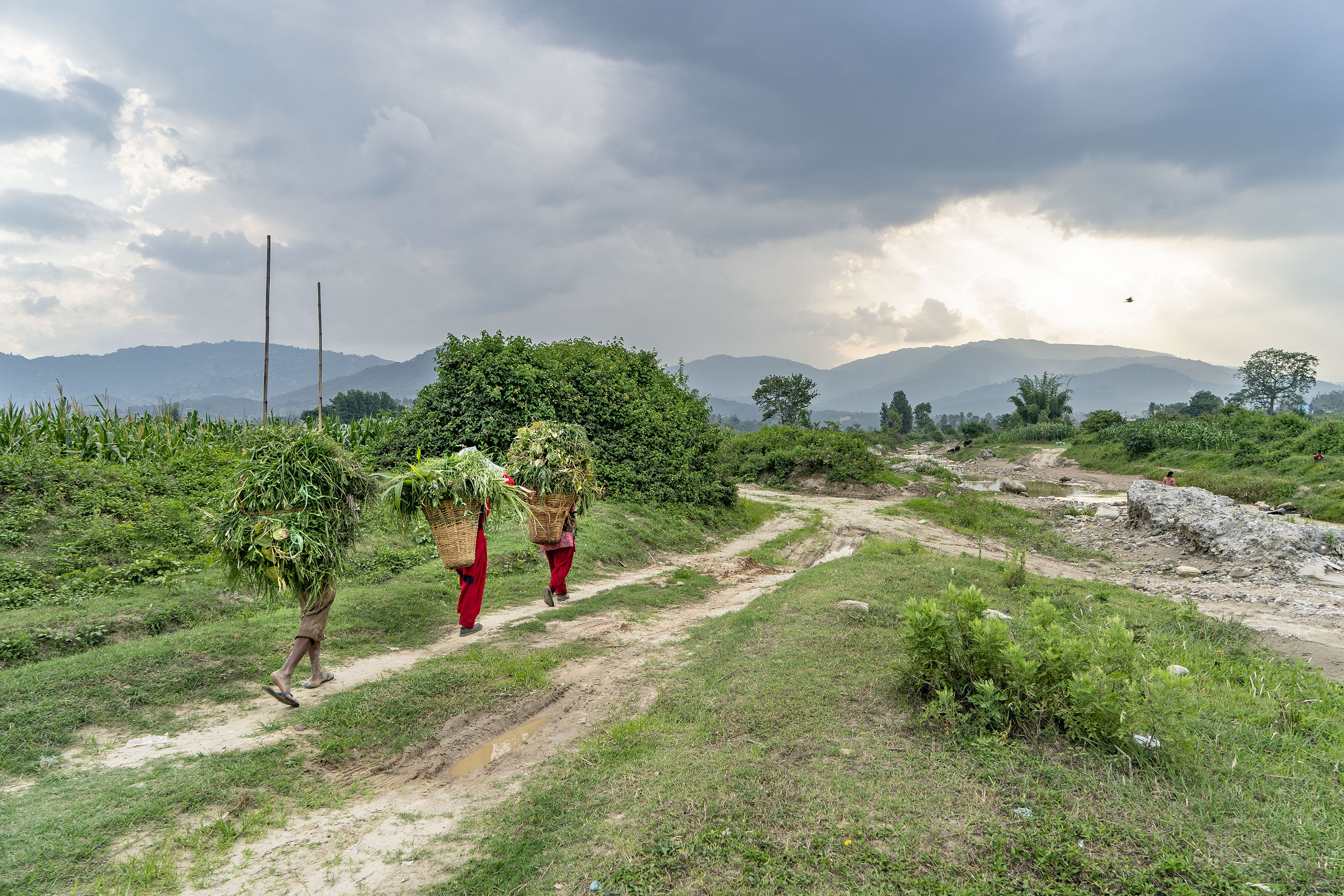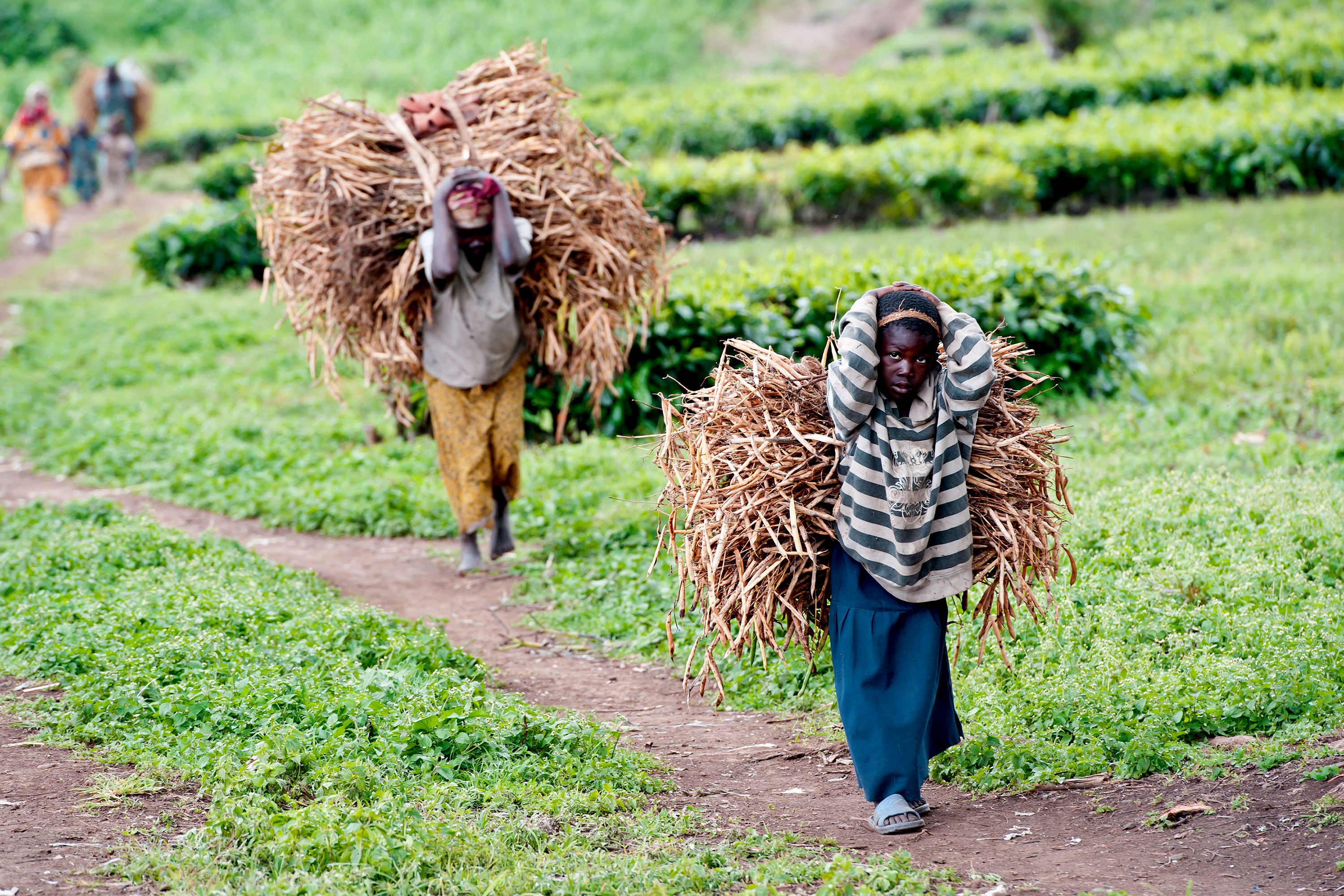The project aims to examine the evidence for the “Doing Gender” hypothesis in Ghana. We examine whether greater earnings by Ghanaian women is associated with increased household bargaining power, proxied by the division of housework between a woman and her husband. The study is relevant as the issue of the division of domestic work has…
Labour Markets
Overcoming Constraints to Female Labor Force Entry
We propose a randomised controlled trial to test the impact of two low-cost interventions to overcome psychological and information constraints to female labor force participation (FLFP). Our research questions are, does (i) motivating female students and (ii) providing information about the job market, promote female labor force entry, as measured by their likelihood of applying…
Seasonal Migration and Agricultural Labor Markets in Nepal
In rural agrarian economies, the period between planting and harvest is often a “lean season” when labor demand and wages fall, and the price of staples rise. The landless poor reliant on agricultural work on others’ farms are especially hard hit, and many millions of laborers and their families worldwide suffer from seasonal hunger. This…
Urban Density and Labour Markets
Many of the world‘s poorest people live and work in dense informal settlements in Africa’s growing megacities. These communities have both positives and negatives. On one side, settlements, often located in central areas, provide workers with access to geographically proximate jobs, dense informational and social networks, and a large demand base for entrepreneurial ventures. Density…
Impacts of Microfranchising on Young Women’s Occupational Choices
Youth underemployment is a major challenge facing developing nations, particularly in Africa (Filmer and Fox 2014). Young people are more likely to be unemployed than older adults (Kluve et al. 2016). In low-income countries, unemployment figures also typically underestimate the proportion of youths who cannot find productive jobs (Fares et al. 2006). After leaving school,…
A Labour Markets Research Agenda through a Job Search Platform
Labour markets in low-income countries experience many frictions that impair efficient firm-worker matching (Behrman, 1999). Information frictions can hinder firms’ attempts to observe workers’ skills and productivity (Abel et al., 2016; Bassi & Nansamba, 2017; Carranza et al., 2017), spatial frictions can separate firms and workers (Franklin, 2017), regulatory frictions can deter firms from hiring…
Are Labor Costs in Africa too High?
High labor costs appear to be a factor that undermines the creation of low-skill jobs in formal manufacturing firms at a large scale in several African countries. First, there exists a small number of formal manufacturing firms in Africa. These firms face higher labor costs than similar firms in numerous comparator countries, even after controlling…
Measuring Labour in Farm Households in Africa
In low-income countries, work in household owned and managed farms account for a large share of the labour force. Yet, to date, there is very little research on the approaches to measuring farm labour. Typically most measurements of farm labour involve a cumulative number representing a wide range of activities. For example, male labour is…
Modelling Labour Markets in LICs with Imperfect Data
Despite the centrality of the labour market to the questions of poverty and inequality, African labour markets are not well understood and significant research gaps exist. These gaps have important implications: they weaken the ability of governments to design and implement effective policies and hamper the monitoring of change and the measurement of impact. Within…
Wage Compression in Low Income Labour Markets
Do relative pay comparisons matter for worker behaviour? A long tradition in economic thought – as well as in psychology, sociology, and human resource management – has advanced the notion that individuals care about not only their own pay, but also their pay relative to that of their co-workers. When subjected to unequal pay, workers…









